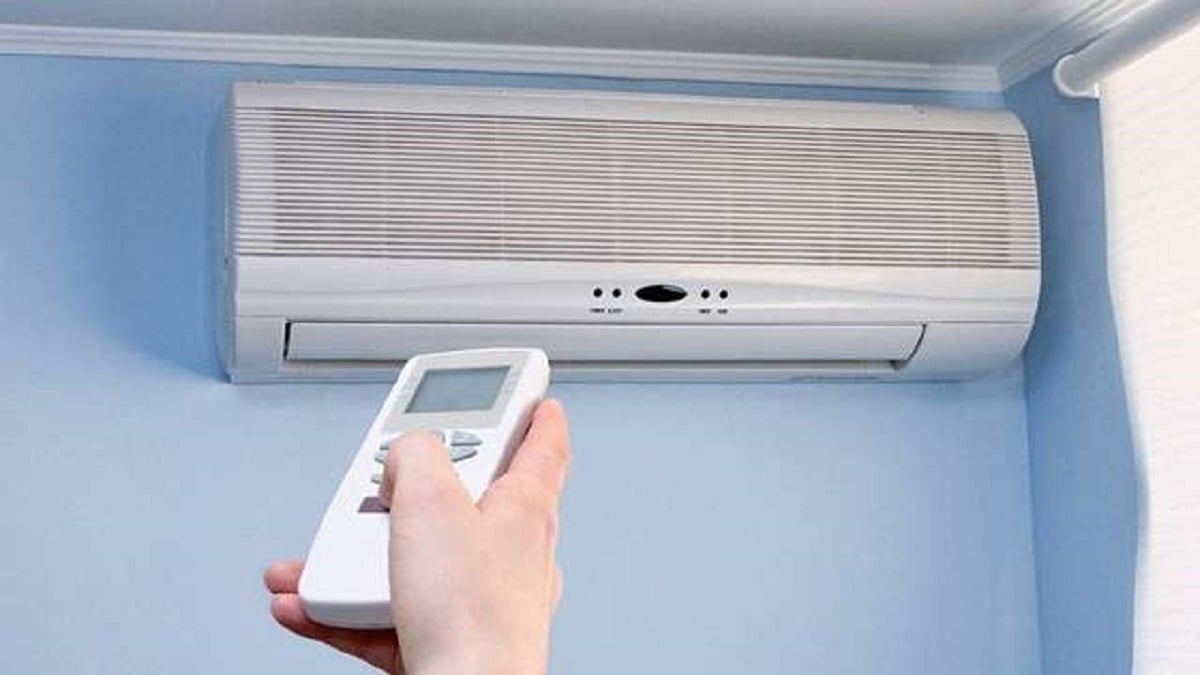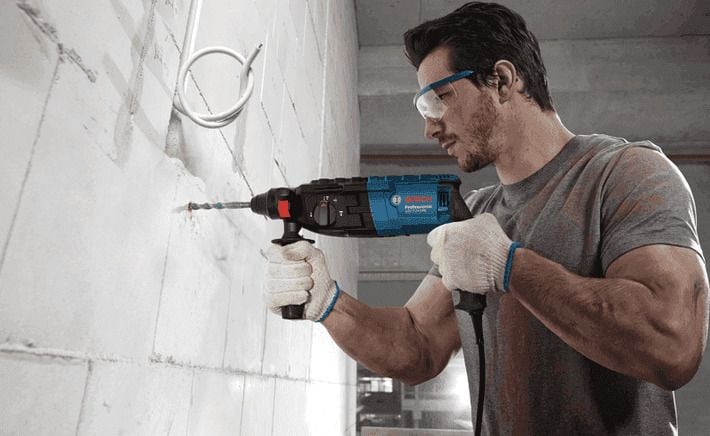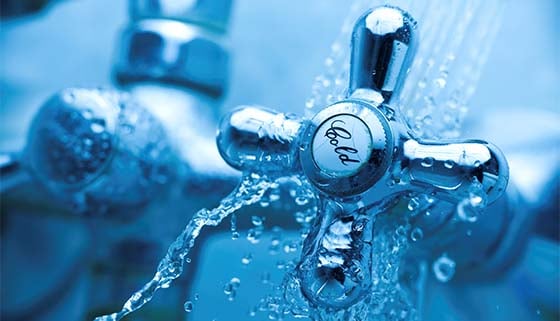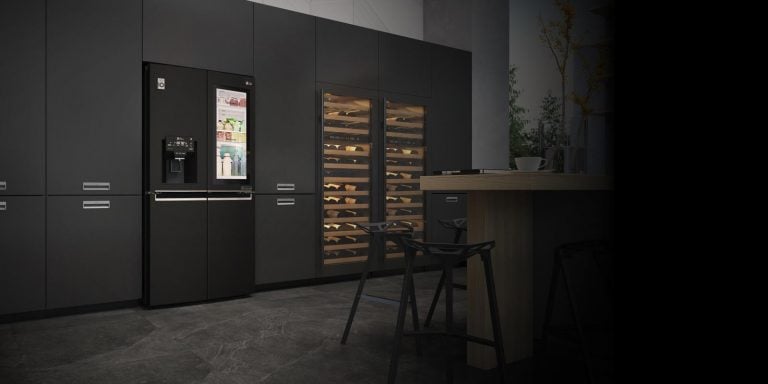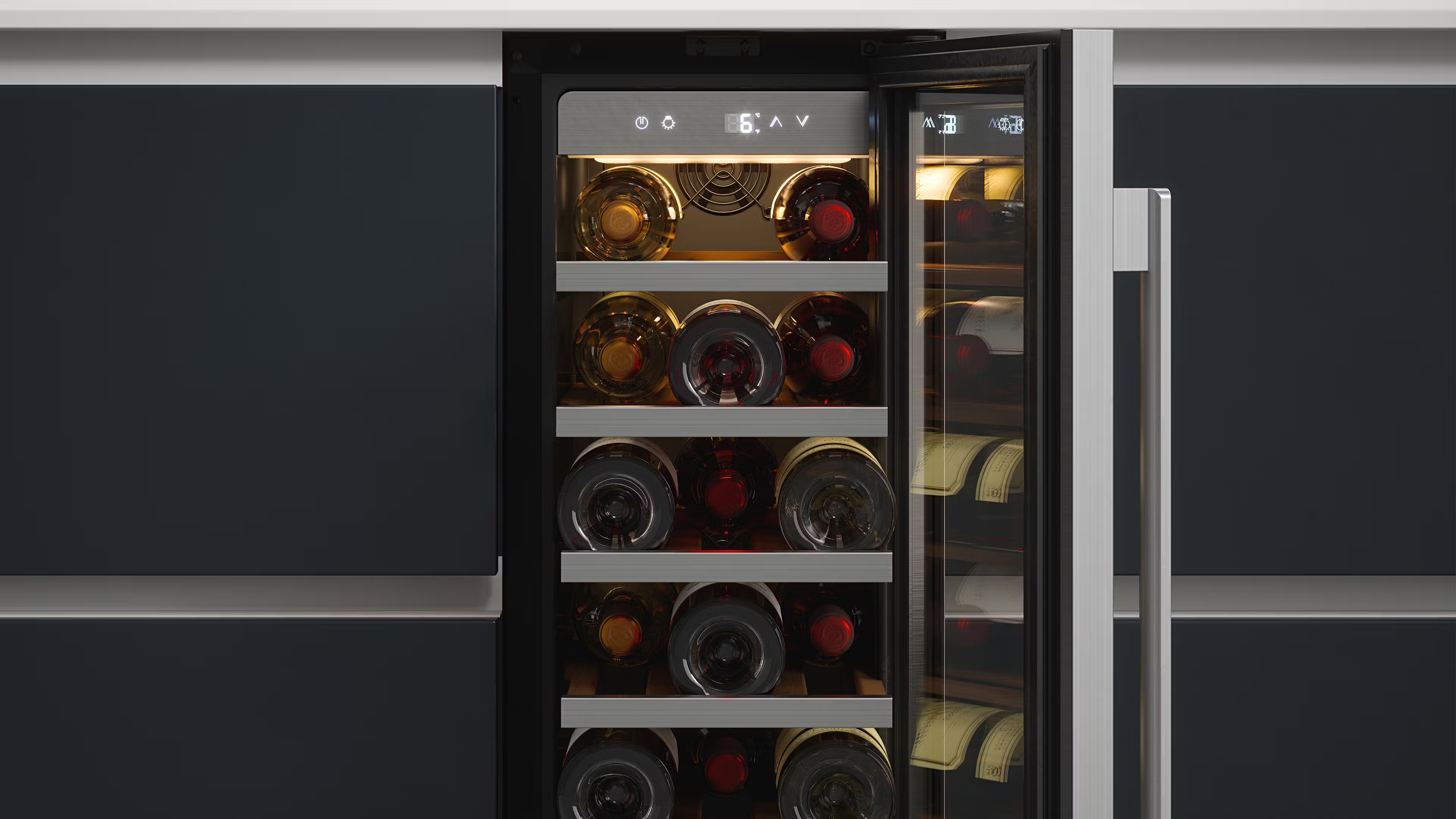How Do System Boilers Work? – UK Household Guide
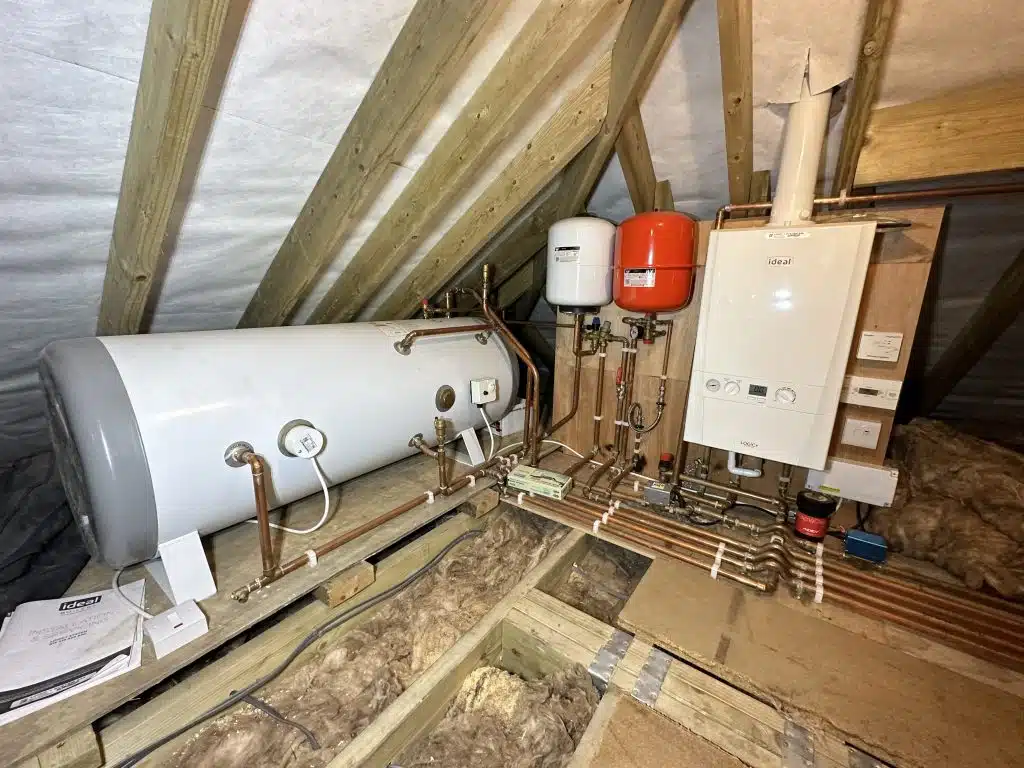
Table of Contents
System boilers serve as the foundation of efficient heating systems in many UK households, providing not only warmth but also a consistent and dependable hot water supply.
We will cover why system boilers are becoming so popular in recent times, and why understanding the works of system boilers, catering to UK homeowners who are searching for efficient and reliable heating solutions for their homes.
Exploring System Boilers
System boilers have gained a lot of popularity in the UK due to their well made design and impressive efficiency.
Their ability to bring together multiple components into a single unit simplifies installation and maintenance, making them a top choice for households looking for effective and hassle-free heating solutions.
Key Components and Functions of System Boilers
Boiler Unit
Central to a system boiler is the heat exchanger, tasked with efficiently heating water. This pre-heated water is then stored in a cylinder, making sure of a consistent and readily available supply of hot water for various household needs.
Expansion Vessel
The expansion vessel in a system boiler serves a highly important role in keeping a stable water pressure within the heating system. As water heats up, it expands, and without an expansion vessel, this increase in pressure could potentially cause damage or leaks in the system.
The vessel acts, allowing the heated water to expand without creating extreme pressure, making sure the system operates safely and efficiently.
It helps regulate the pressure fluctuations that occur during the heating process, safeguarding the system from potential damage while maintaining a consistent and safe water pressure level.
Pump and Valves
In a system boiler, pumps and valves play big roles in the circulation and control of heated water throughout the heating system.
The pump’s main function is to circulate hot water from the boiler through the radiators, ensuring consistent warmth throughout your home. It moves the heated water efficiently, allowing it to release heat into the rooms before returning to the boiler to be reheated.
Valves, on the other hand, control the flow of water within the system. They also control the distribution of hot water to different areas within the house, letting users adjust the temperature in specific rooms or areas.
Together, pumps and valves ensure the effective and controlled circulation of heated water, optimising the heating process and allowing for your wanted temperature in different parts of the home.
Understanding the Operations of a System Boiler
Heating Process
In a system boiler, the heating process begins when cold water from the mains enters the boiler system.
The primary heat exchanger within the boiler quickly heats this cold water. As the water heats up, it changes into hot water, which is then distributed throughout the central heating system.
This heated water flows through pipes to radiators positioned in various rooms of the house. As the hot water passes through these radiators, it releases its heat energy into the rooms, providing warmth and comfort.
At the same time, the boiler continues to maintain a constant supply of hot water, giving you a steady and consistent distribution of warmth throughout the home.
Hot Water Storage
At the same time, the system boiler makes sure that the storage of hot water in a cylinder, meaning an immediate and plentiful supply for taps and showers, addresses the household’s hot water needs quickly and effectively.
System Boiler Brands and cost
There are many different boiler brands that are best known for different reasons. Some of the most popular include Worcester Bosch, Viessmann and Alpha E-Tec boilers.
The cost of these boilers vary on type, size and what boiler brand you go for.
System Vs Combi boiler
There are two main heating solutions in UK households, each with their own advantages. Combi boilers are known for their compact size and on-demand hot water, they are a popular choice for smaller homes where space is limited.
They heat water directly from the mains, getting rid of the need for a separate hot water cylinder, offering instant hot water and efficient heating.
On the other hand, system boilers are favoured for larger homes with higher hot water demands. They use a separate hot water cylinder, ensuring a consistent supply of hot water to multiple taps simultaneously while maintaining efficient heating throughout the property. Find out more about popular combi boilers in this guide.
System boilers often suit homes with multiple bathrooms and higher hot water usage requirements. Both options have their positives, and the choice between a combi or system boiler largely depends on the household’s size, hot water needs, and space availability.”
Advantages of System Boilers for UK Homes
Space Efficiency
With their ability to consolidate components, system boilers effectively optimise space, offering a significant advantage over traditional boilers and tanks, particularly in homes with limited available space, whilst the combi may be more space- efficient, the system is more than the traditional boiler.
Instant Hot Water
The supply of pre-stored hot water eliminates any waiting times, making sure of quick, immediate access to hot water whenever necessary, greatly boosting the usability within the household.
Energy Efficiency
Best known for their energy efficiency, system boilers contribute to huge cost savings on heating bills. This is primarily due to their on-demand water heating capabilities and their potential for increase in efficiency through pairing with thermostats to regulate energy usage.
Servicing for Optimal Performance
Regular servicing and maintenance are highly important to make your system boiler safe and lasts as long as possible . Engaging a qualified gas safe engineer for annual checks not only helps in identifying and addressing potential issues but also contributes to the longevity and efficiency of the system boiler.
Regular servicing is required at least once a year in order to maintain the manufacturer’s warranty when you purchase a new boiler. There are also options to get boiler cover, so that is something to consider going for when thinking about a layer of protection for your brand new system boiler.
Conclusion
In conclusion, system boilers are a reliable and efficient heating solution in the landscape of UK households. Their clever design, and a combination of multiple components into a single unit, and their reliability make them a preferred choice for many homeowners.
By efficiently heating water and distributing it through radiators while also keeping a consistent supply of hot water, system boilers provide both warmth and convenience.
Their space-saving features, energy efficiency, and suitability for larger homes with higher hot water demands underline how versatile these system boilers really are.
Frequently Asked Questions
How long do system boilers typically last?
System boilers generally have a lifespan of 10-15 years with proper maintenance and care, including annual servicing. If your boiler isn’t properly looked after, then the likelihood is that it may not last as long.
Can a system boiler effectively provide both heating and hot water?
Yes, a system boiler is designed to efficiently provide both heating and hot water in a household. It heats water and circulates it through radiators for central heating purposes, while also storing hot water in a cylinder for domestic use.
Are system boilers truly energy-efficient?
Indeed, system boilers are highly regarded for their energy efficiency, primarily due to their on-demand water heating capabilities and their potential for energy optimization through the use of thermostats.
What size system boiler is suitable for my home?
Determining the ideal size depends on various factors such as the number of rooms, bathrooms, and the overall hot water demand. It’s recommended to consult with a heating engineer to assess and recommend the appropriate size for individual homes.
How frequently should I service my system boiler?
Annual servicing is strongly recommended to ensure optimal performance, identify potential issues early, and maintain the efficiency and longevity of the system boiler.

